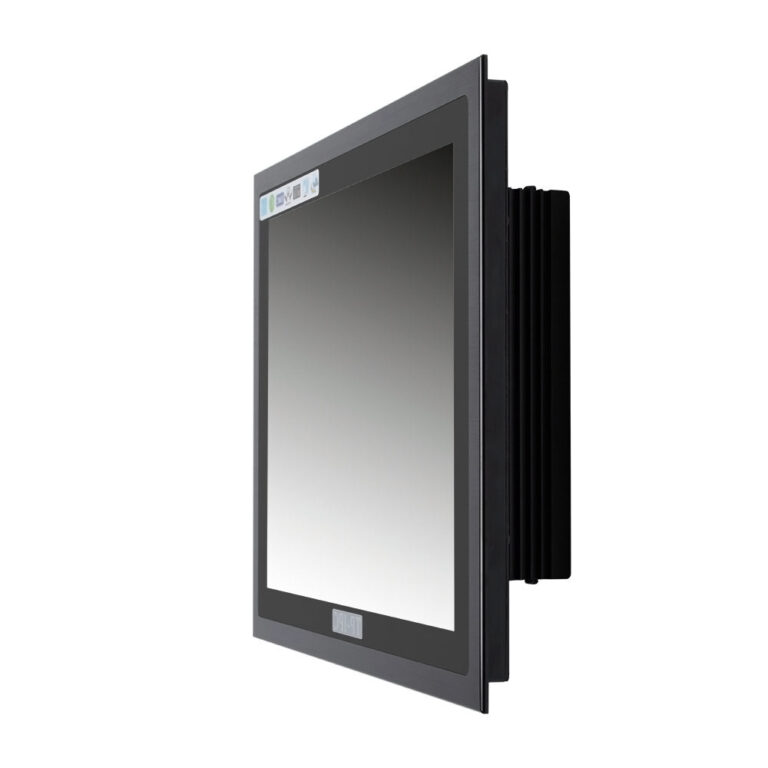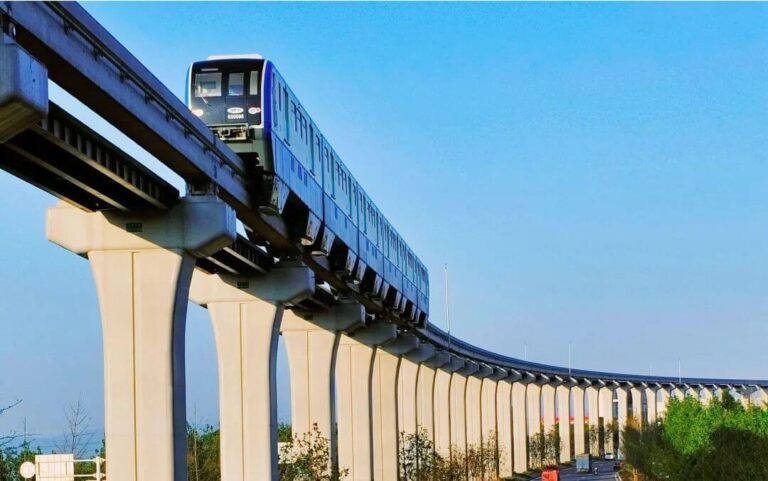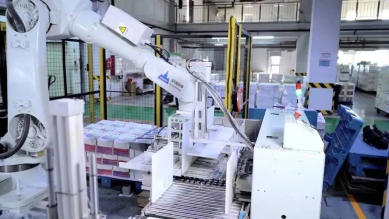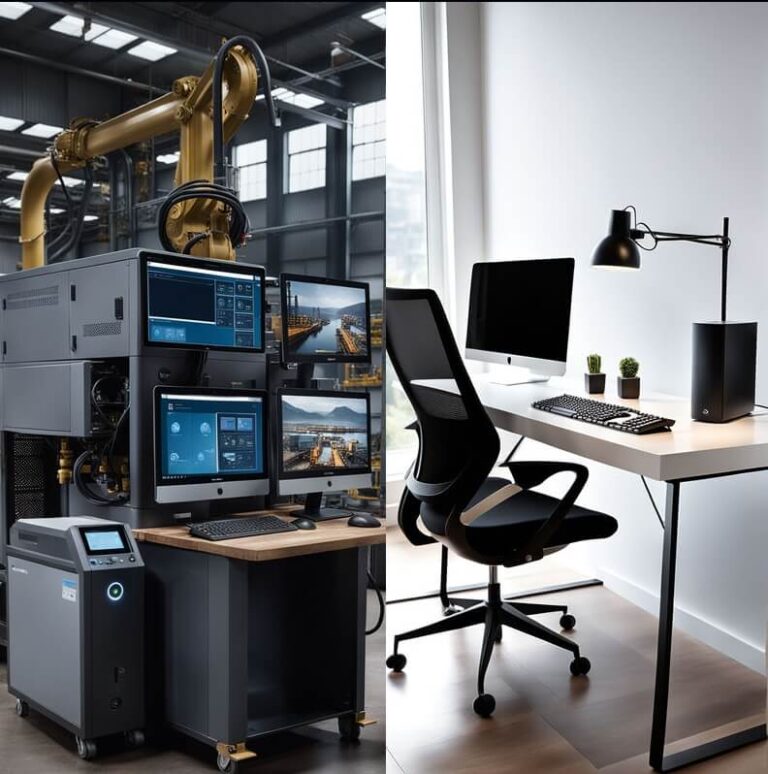In the realm of computing, the choice between an Industrial PC (IPC) and a Normal PC can significantly impact performance, durability, and application. Each type of PC is tailored to meet specific needs, and understanding the distinctions between the two can aid in making an informed decision. In this article, we delve into the core differences, advantages, and applications of Industrial PCs versus Normal PCs, supported by data and real-world examples.
Understanding Industrial PCs
Industrial PCs are designed to operate in harsh environments. They are built with robust components to withstand extreme temperatures, dust, vibrations, and other challenging conditions typically found in industrial settings. Unlike their consumer-grade counterparts, Industrial PCs are engineered for longevity and reliability.
Key Features of Industrial PCs
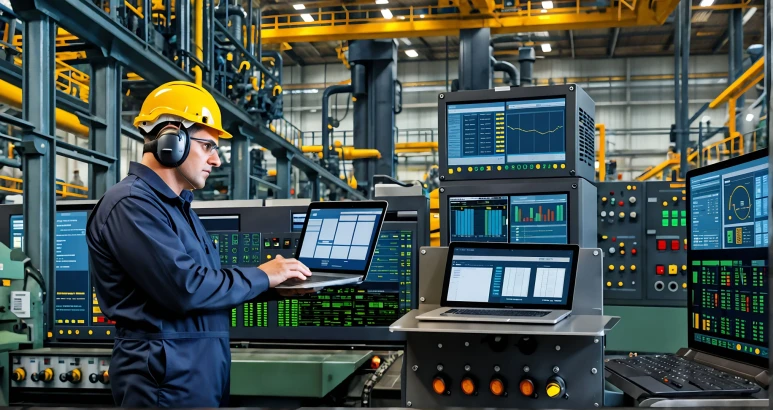
- Durability and Ruggedness
- Industrial PCs often feature reinforced enclosures that protect internal components from physical damage. These enclosures are typically made of heavy-duty materials such as stainless steel or aluminum.
- They are designed to resist shock and vibration, making them suitable for use in environments with heavy machinery. For instance, a test result from a leading IPC manufacturer showed that their units could withstand vibrations up to 5 Grms and shocks up to 50 G.
- Extended Temperature Range
- These PCs can operate in a wide range of temperatures, from sub-zero conditions to extreme heat, ensuring reliability in diverse environments. An example of this is the successful 5-year operation of an IPC on an Arctic oil rig platform, enduring temperatures as low as -50°C.
- Long Lifecycle and Support
- Industrial PCs generally have a longer lifecycle compared to Normal PCs, with support and availability for extended periods. This is crucial for industries where frequent replacements are not feasible. A report from an industrial automation company revealed that their IPCs had a replacement rate of less than 5% over a decade.
- Customization and Expansion
- Industrial PCs offer high levels of customization, allowing for specific configurations tailored to unique industrial needs. This includes expansion slots, additional ports, and specialized interfaces. A car manufacturing plant customized IPCs with special interfaces for robot control, integrating seamlessly with systems 20 years old.
Understanding Normal PCs
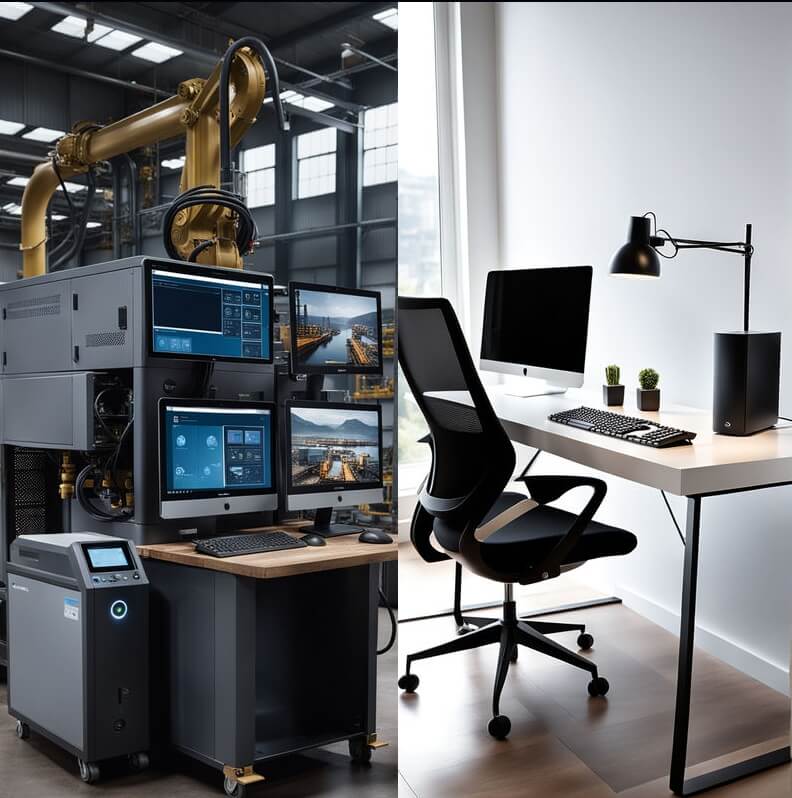
Normal PCs, or consumer-grade PCs, are designed for general use. They are commonly used in homes, offices, and for various personal and professional tasks. While they offer excellent performance for everyday computing needs, they are not built to withstand the rigors of industrial environments.
Key Features of Normal PCs
- Cost-Effectiveness
- Normal PCs are generally more affordable than Industrial PCs. A market study indicated that although the initial cost of an IPC is about 30% higher, the total cost of ownership over 5 years can be 20% lower due to its longer lifespan and lower maintenance.
- Performance and Versatility
- Normal PCs come equipped with the latest consumer-grade processors, graphics cards, and memory, providing excellent performance for a variety of tasks. A survey found that high-performance gaming PCs are 40% faster in handling graphic design tasks compared to regular office PCs.
- Aesthetics and User Experience
- Consumer-grade PCs are designed with aesthetics and user experience in mind. They often feature sleek designs, high-resolution displays, and user-friendly interfaces. A user satisfaction survey showed that PCs with these features had a 15% higher satisfaction rate in office environments.
- Upgradability
- Normal PCs are highly upgradeable. Users can easily replace or upgrade components such as RAM, storage, and graphics cards to enhance performance. On average, PC users upgrade their hardware every 2.5 years.
Comparing Applications
The choice between an Industrial PC and a Normal PC largely depends on the intended application. Below, we compare their suitability for various uses with data and examples.
Industrial Applications
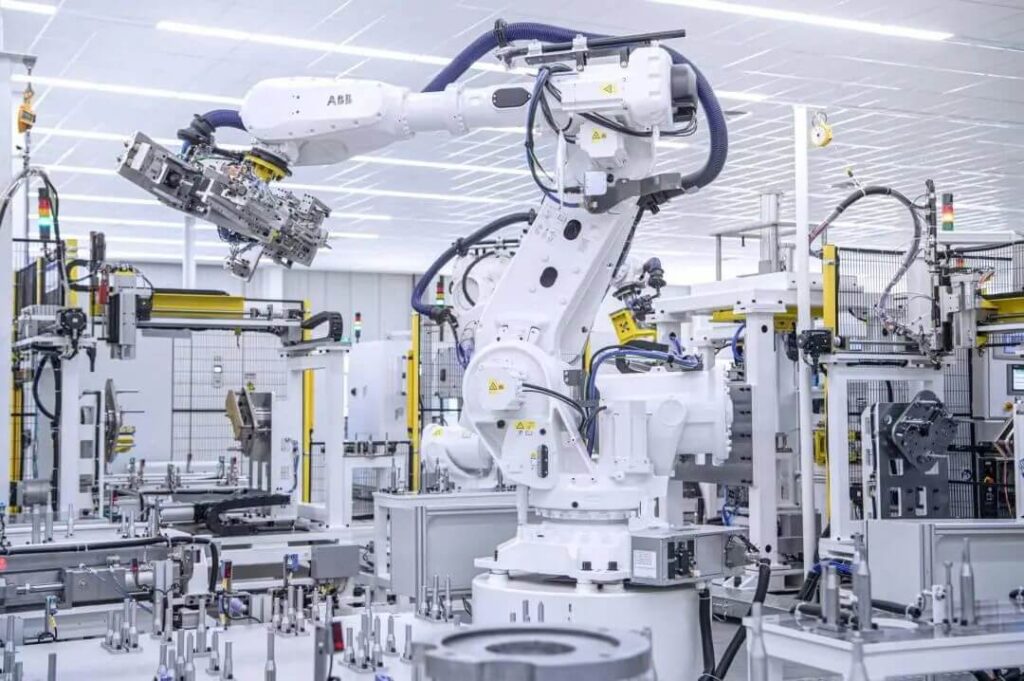
- Manufacturing and Automation
- Industrial PCs are integral in manufacturing and automation, where they control machinery, manage production lines, and monitor processes. Their ability to operate in extreme conditions ensures continuous operation without downtime, increasing efficiency by 25% in automated production lines.
- Transportation and Logistics
- In transportation and logistics, Industrial PCs are used in vehicle tracking systems, cargo management, and automated warehousing. Their rugged design withstands the constant movement and vibrations associated with transportation.
- Energy and Utilities
- The energy sector relies on Industrial PCs for monitoring and controlling critical infrastructure such as power plants, oil rigs, and renewable energy systems. These PCs provide reliable performance in remote and harsh environments.
- Healthcare and Medical Devices
- In healthcare, Industrial PCs are used in medical devices, diagnostic machines, and patient monitoring systems. Their robust design ensures reliable operation in critical and sterile environments.
Consumer and Office Applications
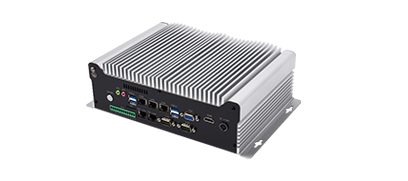
- Home and Office Computing
- Normal PCs are ideal for home and office use, handling tasks such as web browsing, document editing, and media consumption. They offer a balance of performance and affordability suitable for everyday computing needs.
- Gaming and Entertainment
- High-performance Normal PCs are favored by gamers and multimedia enthusiasts for their ability to run the latest games and software smoothly. They feature advanced graphics cards and high-refresh-rate displays for an immersive experience.
- Creative and Professional Work
- Professionals in fields such as graphic design, video editing, and software development benefit from the powerful hardware available in high-end Normal PCs. These PCs provide the necessary performance for demanding applications and creative workflows.
- Education and E-Learning
- Normal PCs are widely used in educational institutions for teaching, learning, and research. Their ease of use and cost-effectiveness make them accessible to students and educators.
Conclusion: Choosing the Right PC
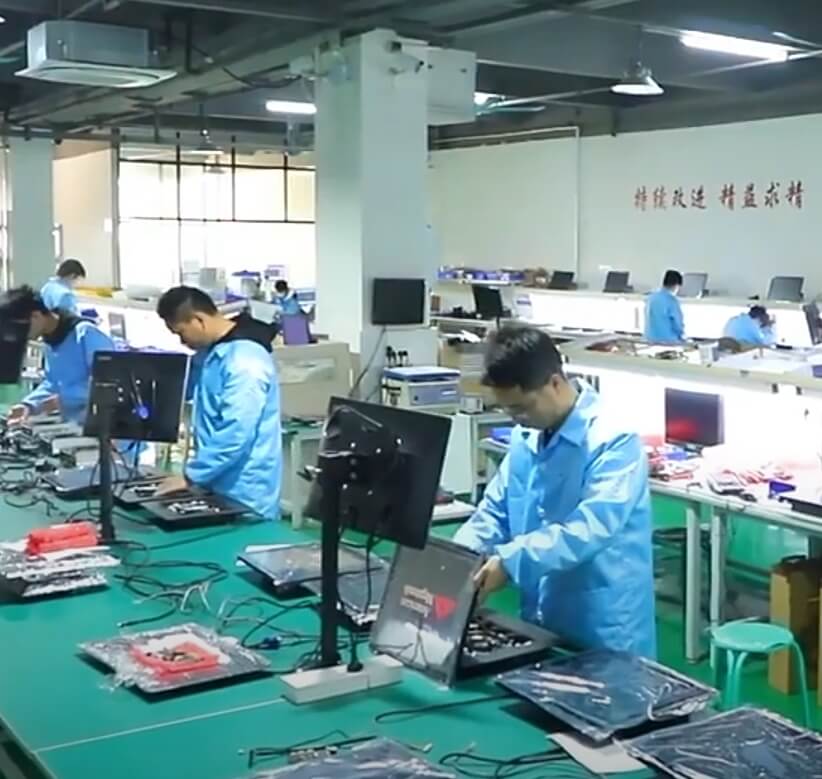
When deciding between an Industrial PC and a Normal PC, it is essential to consider the specific requirements of the intended application. Industrial PCs are the clear choice for environments that demand durability, reliability, and long-term support. They excel in harsh conditions and critical applications where downtime is not an option.
On the other hand, Normal PCs offer a cost-effective and versatile solution for everyday computing needs. They provide excellent performance, aesthetics, and user experience for a broad range of personal and professional tasks.
For businesses seeking top-tier industrial computing solutions, GUNRI offers a wide array of high-quality Industrial PCs designed to meet the most demanding requirements. Our products ensure reliability and longevity in challenging environments, backed by extensive support and customization options. To learn more about how GUNRI can enhance your industrial operations, visit our website or contact our sales team for a consultation.

